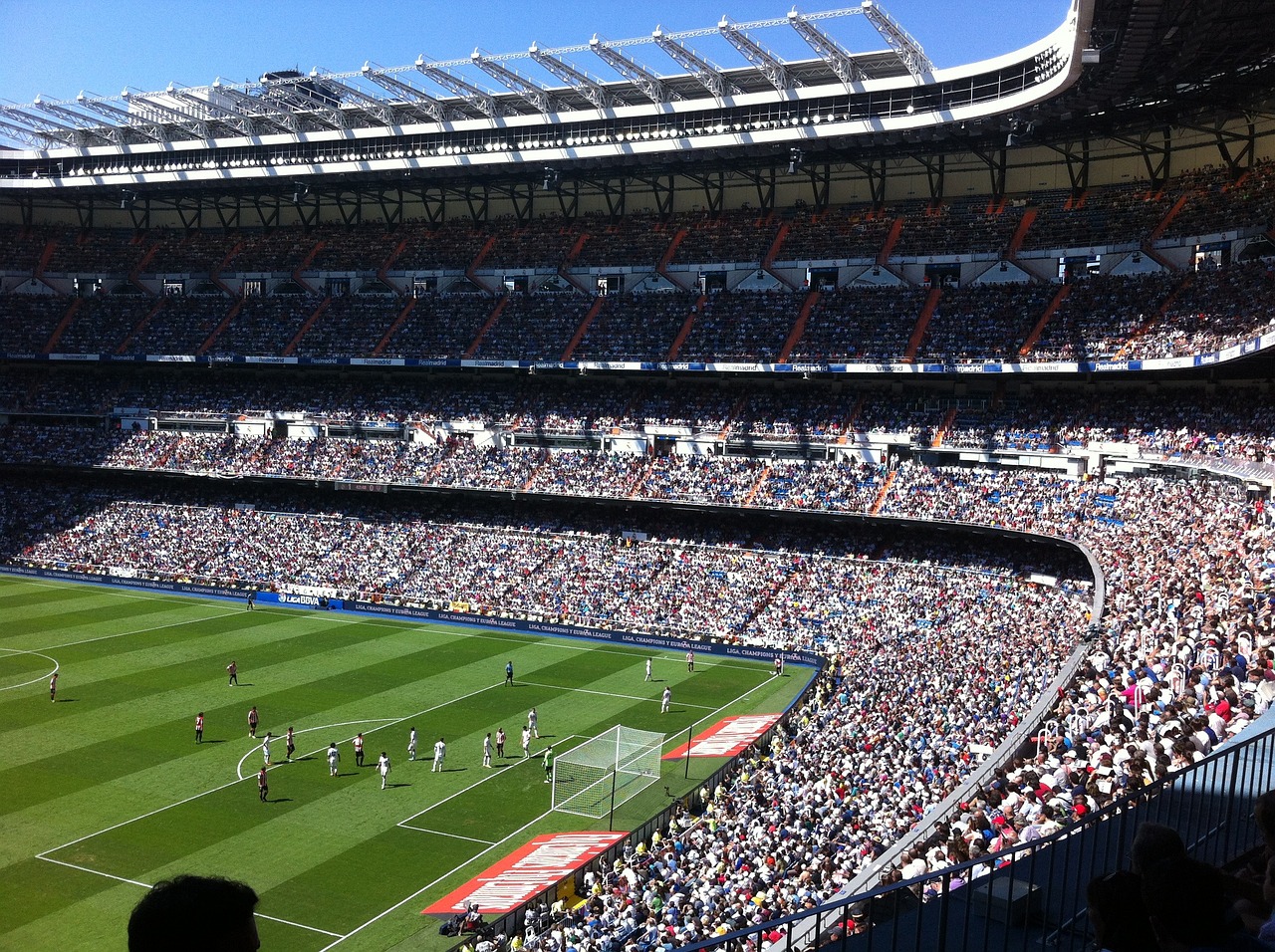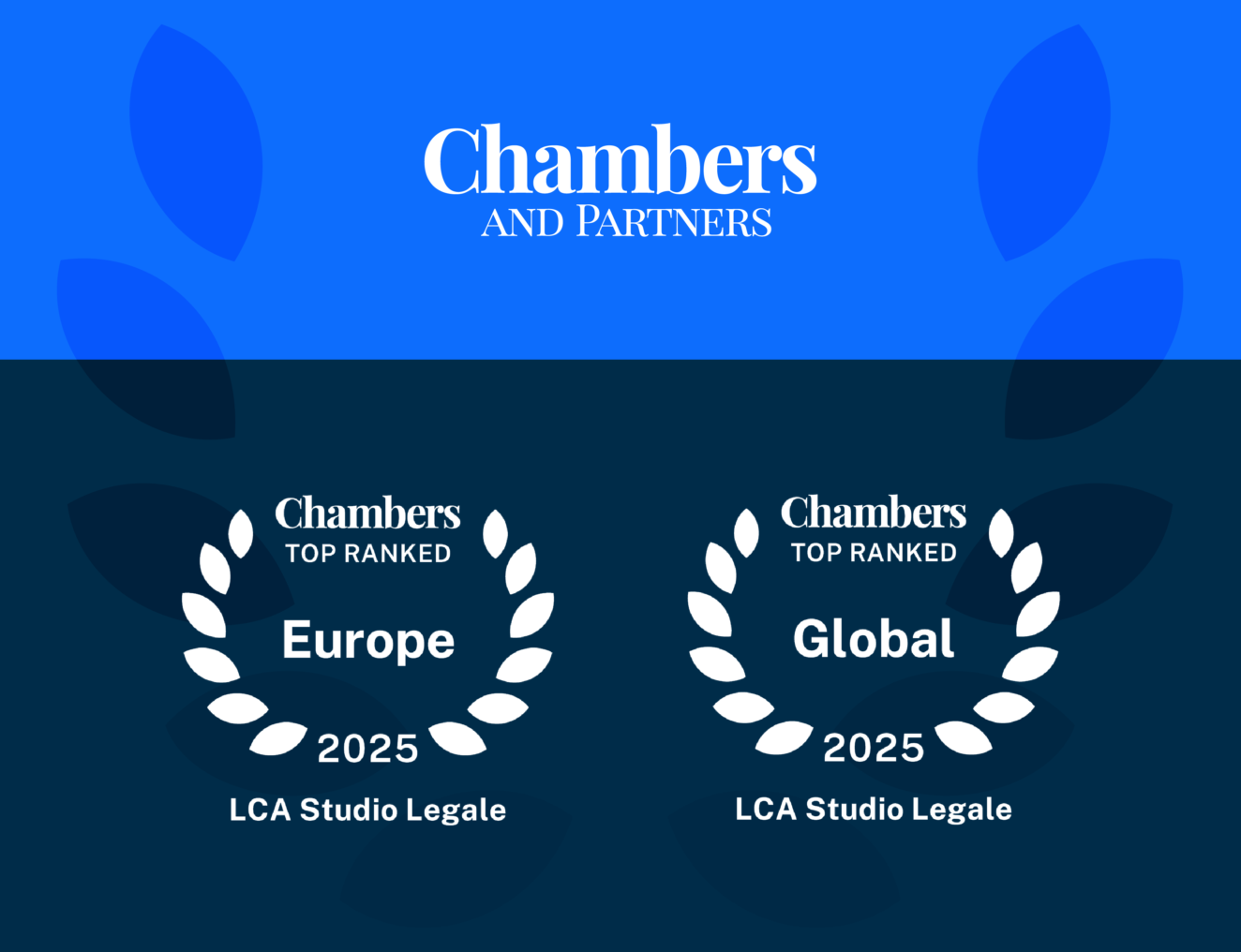On December 21st, 2023, the long-awaited Superleague case decision was enacted by the Court of Justice of the European Union (CJEU). As expected, the CJEU ruled that FIFA and UEFA’s decision to deny clubs the right to participate in the Superleague constitutes an abuse of a dominant position pursuant to Article 101 TFEU. Moreover, the attribution to FIFA and UEFA of exclusive control over the commercial exploitation of rights to all competitions between clubs has also been considered restrictive of competition.
In particular, the CJEU – ruling on the preliminary question raised in the case brought in Spain by the European Superleague Company SL against FIFA and UEFA – has observed that the organisation of football competitions between clubs and the exploitation of media rights are clearly economic activities. As such, they must be exercised in compliance with the rules of competition and freedom to provide services within European Union.
The CJEU went through the FIFA and UEFA statutes noting that these institutions organise sporting competitions and hold a dominant position in that sector. The CJEU identified an abuse of such position in the adoption and application of rules conferring on FIFA and UEFA the power (i) to subject to their prior authorisation the creation in the EU of a new football competition between clubs by a third undertaking, and (ii) to control the participation of professional football clubs and players in that competition, without those powers being governed by transparent, non-discriminatory, objective and proportionate procedural rules.
Furthermore, with reference to the economic exploitation of the media rights of football competitions, the CJEU stated that the rules established by FIFA and UEFA, which carry out several economic activities related to the organisation of competitions in parallel, may be considered permissible under Articles 101 and 102 TFEU, insofar as these associations are designated as the original holders of all rights that may arise from competitions within their “jurisdiction”, and provided that those rules apply exclusively to competitions organised by them.
The greatest risks arising from the CJEU’s ruling for FIFA and UEFA are represented by the loss of appeal, and economic damage, that would derive from a potential exit by those clubs generating the highest revenues from the sale of broadcasting rights.
Whatsoever, the ruling leaves the debate open on whether the Superleague project should be considered admissible. In this regard, A22 Sports Management – the company set up to sponsor and support the creation of the new European competition – announced the new format immediately after the ruling. Back in February, the company had already underlined the key role of the project for the promotion of a more sustainable football, declaring confidence in the European judicial system and hoping for a decisive intervention of the CJEU to ensure compliance with EU competition law, in the logic of greater integrity, solidarity and openness of the system.
If the destiny of the Superleague project is not yet clear, following the CJEU’s ruling and the recent decisions on the potential incompatibility of the FIFA Football Agent Regulations with national and EU law, FIFA finds itself forced to reconsider its position within football, considering the need to re-discuss the right to exercise its autonomy. And this cannot be done without an extensive dialogue with all the stakeholders of the system.
The decision of the CJEU enshrines the principle that the autonomy of sport is limited by the European interest in protecting competition and the free market. At the same time, it emphasises the protection of consumers’ interests in enjoying sport from a commercial standpoint, safeguarding not only the freedom to practise sporting activity but also the freedom to enjoy the sporting product.
DOWNLOAD PDF


